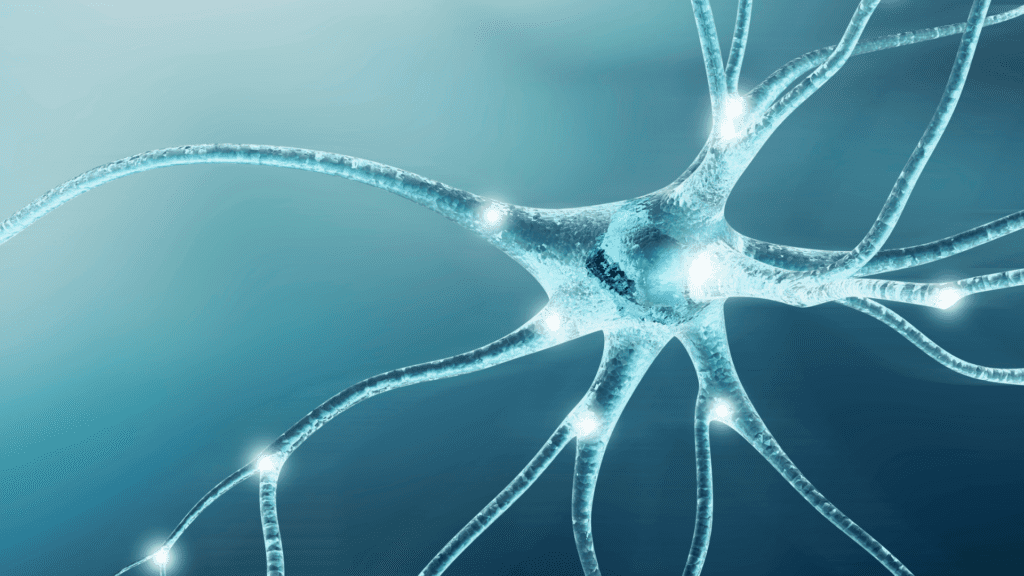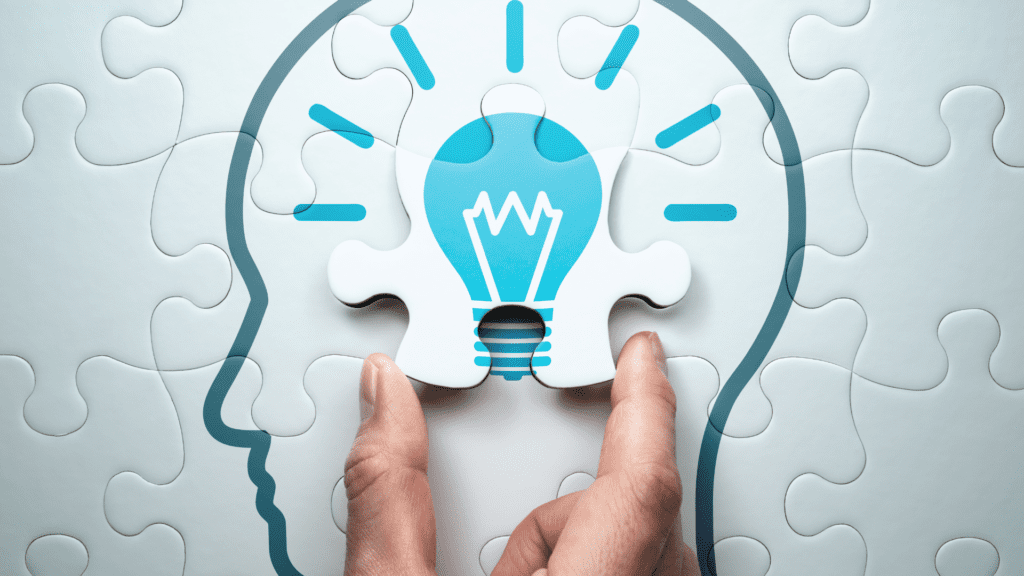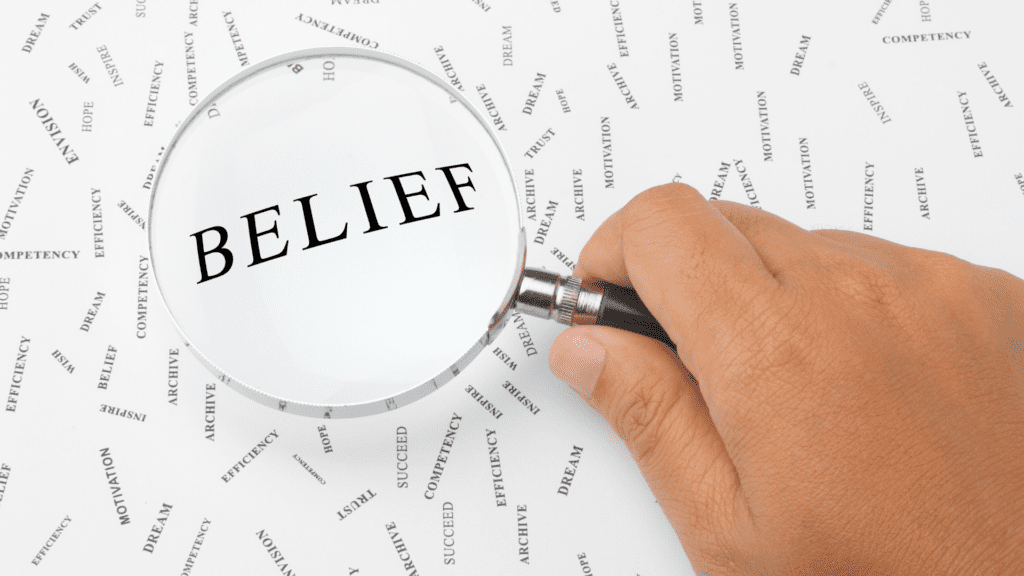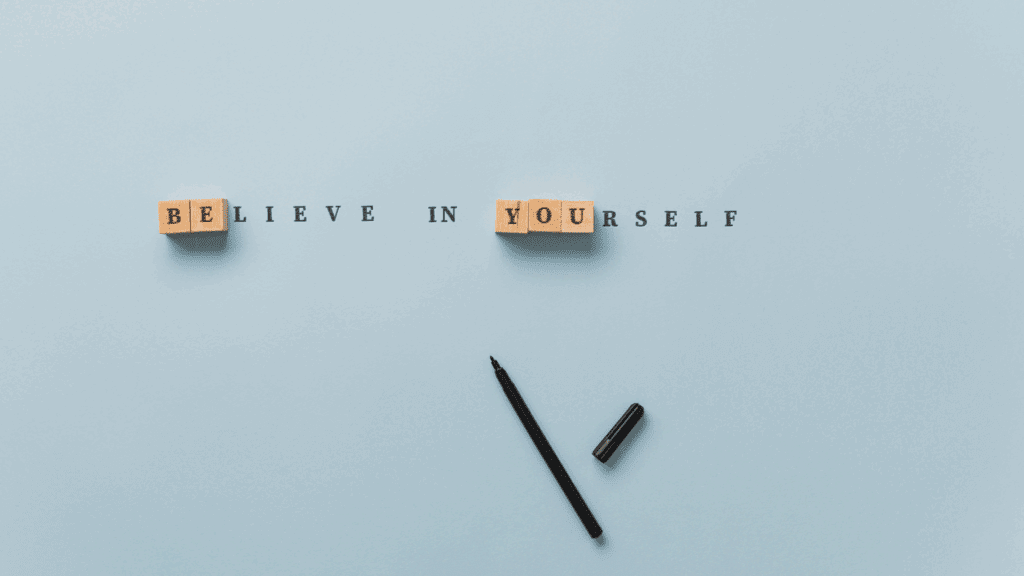What Is Intuition and Why Does It Matter?
Intuition is often described as an inner knowing, a deep-seated sense that something is right or wrong without the need for conscious reasoning. While some dismiss it as a mystical force, intuition is actually a highly evolved cognitive function that allows individuals to make split-second decisions based on unconscious pattern recognition, emotional processing, and past experiences.
From an evolutionary standpoint, trusting your intuition was critical for survival. Early humans relied on rapid gut instincts to detect danger, make quick decisions about resources, and navigate complex social dynamics. In modern life, it plays an equally essential role in relationships, leadership, and problem-solving.
In today’s world, people are flooded with information. The brain processes an estimated 11 million bits of data per second, yet we can only consciously attend to about 40 bits at any given time. This means that most decision-making happens below the surface, within the subconscious mind, which is why gut instincts often outpace logical reasoning when it comes to quick, effective choices.
Understanding the neurological basis of this deep awareness allows us to hone and strengthen this ability, leading to sharper instincts, better decision-making, and increased self-trust.
Real-Life Scenarios: When Trusting Your Gut Matters
The ability to trust your instincts plays a critical role in many aspects of life. Whether it’s making a high-stakes business decision, navigating relationships, or assessing risk, those who can confidently rely on their internal guidance often find themselves making better choices with less stress. Here are a few situations where listening to that inner voice can be a game-changer.
Career Crossroads: The Unexplained Hesitation
Imagine being offered a high-paying job with an impressive title and seemingly endless opportunities. On paper, it looks like the perfect move, yet something inside keeps telling you to hesitate. You feel uneasy signing the contract but can’t pinpoint why. A few months later, you learn the company is going through massive layoffs or internal turmoil, and that hesitation suddenly makes sense. Sometimes, that inner knowing is picking up on subtle red flags your logical mind has yet to process.
The Relationship Dilemma: Knowing Before Knowing
A friend introduces you to someone who seems great—on paper. They check all the right boxes, are well-mannered, and show interest in you. Yet, something feels off. It’s not that they’ve done anything obviously wrong, but there’s a nagging feeling that something isn’t aligning. You try to push it aside, convincing yourself that you’re being too picky, but months later, a major red flag emerges, confirming what you sensed from the start. Those unexplainable gut reactions often surface long before clear evidence presents itself.
Business Negotiations: Reading the Room
You’re in the middle of negotiating a deal, and everything seems to be going well. The numbers check out, the other party is agreeable, yet something deep inside tells you to walk away. It could be the way they avoid eye contact or an offhand comment that doesn’t sit right. While logic tells you the deal is solid, that instinctive pull says otherwise. A few weeks later, you hear from another company that had a disastrous experience with the same business partners. Your internal radar was ahead of the facts.
Travel Safety: A Subtle Warning
You’re exploring a new city, and while the area seemed safe at first, you suddenly feel uneasy walking down a particular street. There’s no visible danger—no aggressive behavior, no immediate threat—but an unexplained sense of discomfort urges you to change direction. Later, you hear from locals that the area has a history of incidents. That internal signal was your mind processing subtle environmental cues you weren’t consciously aware of.
The Financial Investment: An Unshakable Doubt
A financial advisor presents you with an investment opportunity that seems almost too good to be true. The returns are promising, the risks appear low, and others are eager to jump in. But something inside tells you to hold off. You can’t justify it with hard data, yet you decide to trust that inner resistance. A year later, the investment collapses due to undisclosed liabilities, confirming that your gut feeling was protecting you from a costly mistake.
Each of these situations highlights the power of instinctive decision-making. The mind is constantly processing data beyond conscious awareness, and learning to trust those signals can lead to better choices, stronger confidence, and fewer regrets.

The Neuroscience Behind It
While intuition feels like a vague sensation, it is deeply rooted in brain function. Neuroscientific research has identified multiple regions of the brain responsible for intuitive processing, each playing a distinct role in helping individuals quickly interpret situations and make informed decisions.
The Role of the Basal Ganglia in Pattern Recognition
The basal ganglia a group of structures located deep within the brain, are responsible for processing patterns and forming habits. These structures store past experiences and use that data to recognize familiar patterns without conscious thought.
For example, a seasoned driver may instinctively know when another car is about to swerve into their lane. This reaction is not based on conscious analysis but rather on stored patterns of behavior that the brain has recognized in similar past experiences. The basal ganglia trigger an automatic response before the rational brain even has time to process what is happening.
This is why experienced professionals in any field—whether doctors, firefighters, or investors—can sense an outcome before the data fully supports their conclusion. Their brains have developed deeply ingrained neural shortcuts, allowing them to make fast, accurate decisions without second-guessing.
The Default Mode Network and Unconscious Processing
The default mode network is a collection of brain regions that become active when the mind is at rest. This system handles introspection, future planning, and memory consolidation—all essential components of intuitive decision-making.
When individuals take a break from a difficult problem—perhaps by going for a walk, taking a shower, or even sleeping on it—the default mode network continues working behind the scenes. This is why solutions often appear out of nowhere after stepping away from a decision.
Interestingly, fMRI scans reveal that the default mode network is particularly active in creative thinkers, problem solvers, and people who excel at making high-stakes decisions. Training the mind to engage in open-ended thinking and self-reflection can enhance intuitive abilities over time.
The Gut-Brain Axis and Emotional Cues
The gut is often called the second brain due to its complex network of neurons known as the enteric nervous system. With over 500 million neurons, the enteric nervous system communicates directly with the brain through the vagus nerve, influencing mood, perception, and decision-making.
This connection explains why people experience physical sensations—like stomach discomfort or an adrenaline rush—when faced with uncertainty or danger. These signals are not random; they are the body’s way of alerting the brain to potential risks or opportunities.
By paying attention to bodily sensations, individuals can tap into a wealth of subconscious information that can help guide decision-making more effectively.

Why We Second-Guess Ourselves
Despite the brain’s intuitive capabilities, many people struggle to trust their gut due to societal conditioning, cognitive biases, and overthinking.
Analysis Paralysis
One of the main reasons people hesitate to trust their gut is analysis paralysis—the tendency to overanalyze a situation, leading to indecision and self-doubt.
The prefrontal cortex, responsible for logical thinking, can sometimes interfere with instinctive decision-making by demanding excessive information before committing to an action. However, studies show that gut-driven choices are often just as accurate as calculated ones, particularly in high-pressure environments.
Fear of Uncertainty
The brain hates uncertainty and is wired to seek predictability. When faced with an ambiguous situation, the amygdala, the brain’s fear-processing center, becomes hyperactive, making people feel uneasy about decisions that lack clear-cut answers.
Unfortunately, waiting for absolute certainty before making a choice is often counterproductive, leading to missed opportunities and unnecessary stress.
Cultural and Societal Conditioning
From a young age, many people are taught to prioritize logic over instinct. Academic systems, corporate structures, and societal expectations emphasize rationality, evidence, and critical thinking, often at the expense of gut feelings and intuitive wisdom.
As a result, individuals may find themselves dismissing their intuition in favor of external validation, leading to poor decision-making and misalignment with their true desires.

How to Strengthen and Trust Your Intuition
Train Your Brain to Recognize Patterns
Developing intuition is about exposing the brain to a variety of experiences so it can build a stronger library of subconscious patterns.
- Engage in new activities and challenges to expand neural pathways.
- Read widely to enhance cognitive flexibility and creative thinking.
- Keep a decision journal to track intuitive successes and missteps.
Develop Emotional Awareness
Since intuition is closely linked to emotional intelligence, it is essential to recognize and manage emotions effectively.
- Practice mindfulness to become more aware of gut reactions.
- Use breathing techniques to calm anxiety and access clearer insights.
- Reflect on moments where intuition has led to positive or negative outcomes.
Reduce Overthinking with Decision Deadlines
If excessive analysis leads to indecisiveness, setting time limits on decisions can help break the cycle of hesitation.
- Use the 60-second rule for minor choices to strengthen fast thinking.
- Implement the 10-10-10 rule to assess long-term impact.
Learn to Differentiate Intuition from Fear
Understanding the difference between fear-based hesitation and genuine intuitive insights is crucial.
- Intuition feels calm and clear, while fear often feels chaotic and overwhelming.
- Intuition is proactive, while fear is reactive.
- Fear creates avoidance, while intuition leads to decisive action.
Final Thoughts: Embracing Intuition as a Strength
My intuition is not a mystical force—it is a highly evolved cognitive function that can be trained and refined. By understanding how my brain processes gut feelings, recognizing biases, and strengthening decision-making habits, I can trust my instincts with greater confidence and clarity.













